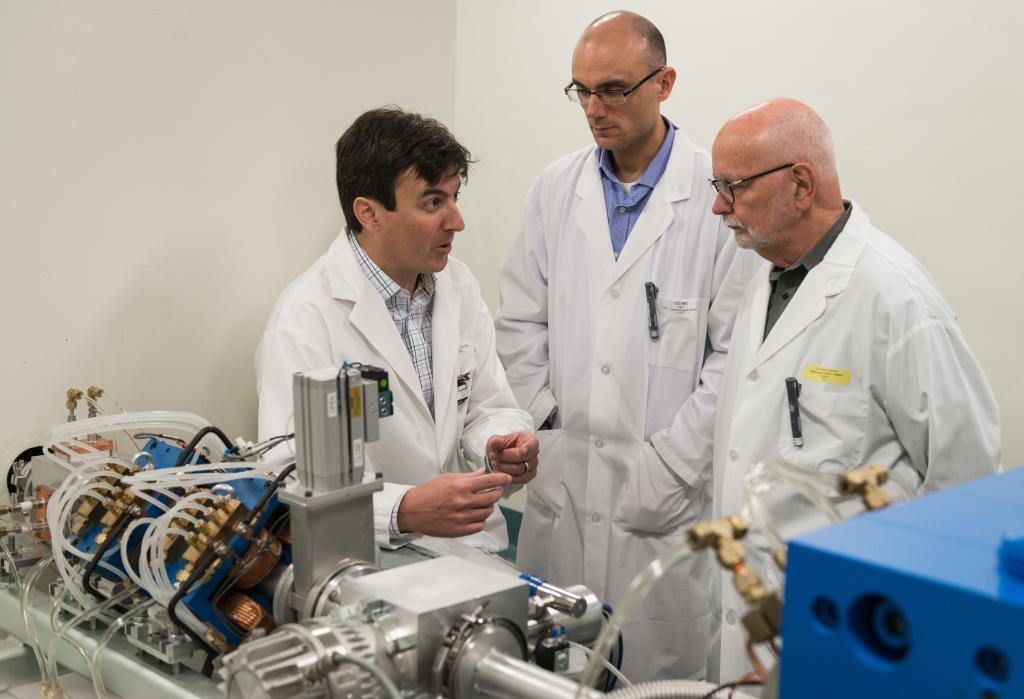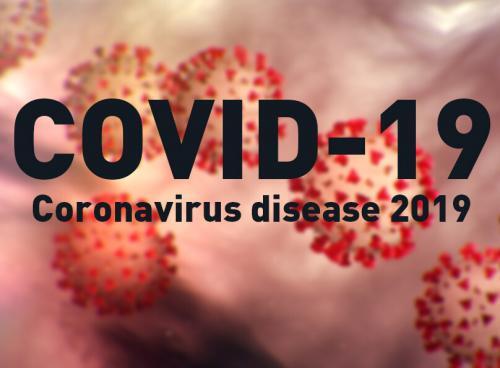
Nuclear Approach to Cancer Could Save Lives
While Tragically Hip front man Gord Downie may be the most recognized person to be living with glioblastoma, brain cancer affects hundreds of thousands of families every year. A bleak diagnosis, the five-year survival rate for patients aged 45 to 54 sits at just four per cent according to the Canadian Cancer Society.
However, there is reason to be hopeful. New research in nuclear medicine targets cancers like glioblastoma through an inside-out approach, giving patients a new lease on life. These small and mighty cancer fighters are known as alpha-emitting isotopes and unlike traditional radiation therapy, which blasts cells from the outside, alphas attack cancer from the inside, protecting healthy tissues while destroying diseased ones.
“It’s a magic bullet for people in the cancer field because it has the beauty of sparing healthy tissues and finding and weeding out tiny tumors,” according to Dr. Tom Ruth, Special Advisor, Emeritus, TRIUMF.
Recently, The Medical University of Warsaw beat out over 2,000 other submissions to win the Marie Curie Award from the European Association of Nuclear Medicine (EANM) for their work on alpha therapies. Their research indicated that the work of alpha therapies could extend the life of patients with brain cancer by almost two years compared to patients who weren’t treated by alpha radiation. Alpha-emitting isotopes, unlike their beta radiation counterparts, have higher energy and can only travel short distances which makes them ideal cancer fighters.

Francois Benard, Paul Schaffer and Tom Ruth at the BC Cancer Agency. Courtesy: TRIUMF
“Alpha particles fly very short distances so because of short penetration range in tissues you won’t destroy healthy cells,” stated Valery Radchenko, Research Scientist, TRIUMF.
Researchers at TRIUMF are mapping out alpha-emitting isotopes as a way of extending the life of cancer patients or curing them all-together. Alpha-therapy is thought to be especially effective for those with late-stage or metastasized cancers (cancer that has spread from one part of the body to another).
“The key to alpha is to combine them with the right biomolecule to target the cancer cells. If you can find a way to get an alpha-emitting isotope to a tumor you can potentially cure the cancer,” said Radchenko.
While alpha-therapy could be a game changer in the fight against cancer, researchers need wider access to the alpha particles and closer partnerships with the health care system in order to complete the preliminary tests required to bring alpha-therapies to the mainstream market.
“The main problem is lack of facilities for the production of a clinically relevant amount of alpha emitters. There are just several around the world so they aren’t readily available,” stressed Radchenko.
The group at TRIUMF sees a large role for alpha therapies in the future. In addition to fighting cancers, they believe that work into alpha therapies could also help to treat bacterial infections, giving new tools to the health care industry to eradicate some of the world’s most widespread diseases.



